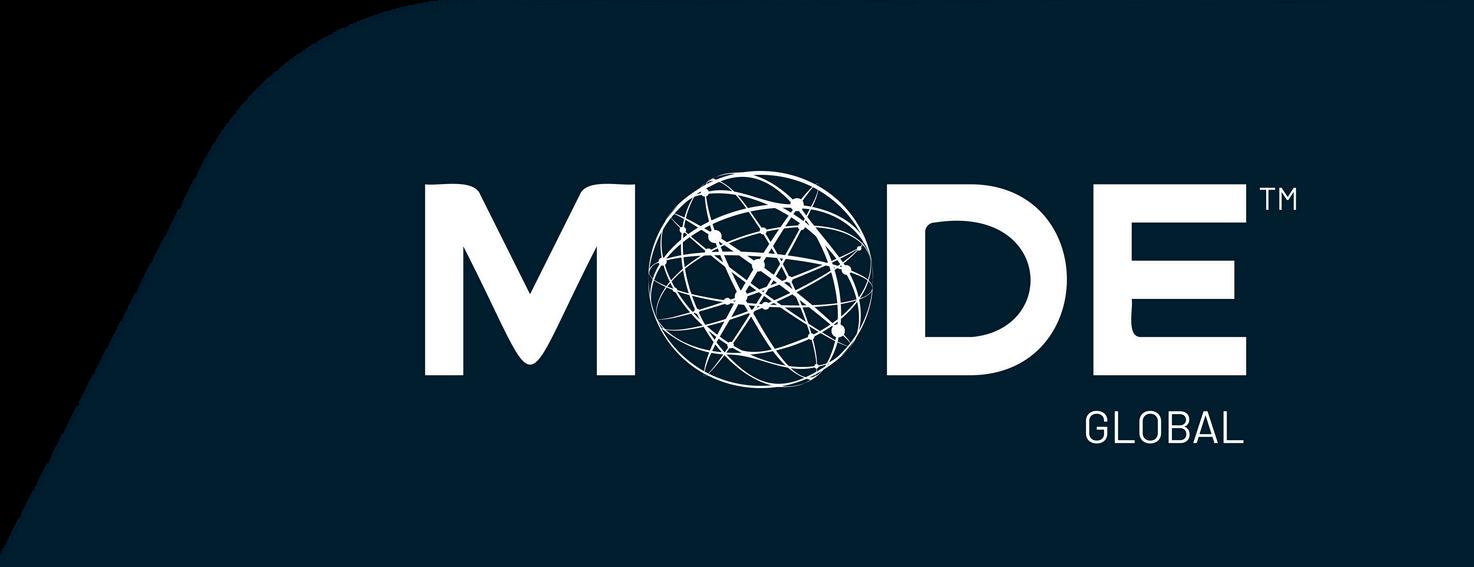






For the first time in 50 years, the International Longshoremen’s Association (ILA) has gone on strike. As ports have commenced work stoppages along the East and Gulf Coasts, the ILA states that they are still seeking stronger language on semi-automation, banning it fully, and 61.5% wage increase, which is down from its original ask of 77%. As the United States Maritime Alliance (USMX), major shippers and House Republicans attempt to pressure the White House into invoking the Taft-Hartley Act, the President remains firm putting the onus on USMX to get this resolved.
In conjunction with MODE Global’s product lines and our long-standing partnerships, we can support and navigate long hauls from the West Coast to more challenging locations in the Midwest, South and Eastern United States With our existing capabilities and partnerships in the international space, we can accommodate various solutions to provide customers with business continuity in these uncertain and challenging times
With MODE Global’s strength and relationships across all modes of shipping, we can seamlessly integrate and tailor solutions based on a broad spectrum of commodities, handling requirements and locations to manage your international cargo in this unpredictable logistics landscape.
As the strike continues, you can consider the following to mitigate impacts to your supply chain: Work with your providers to book alternate modes of transportation or alternate trade lanes Plan ahead as you can expect delays from various sources such as elongated transit times and limited carrier capacity.
As capacity constricts, pricing will begin to climb. Prepare for increased costs that can arise from re-routing shipments or using alternative modes. Make use of technology solutions to analyze where you could be impacted or keep a close eye on active shipments.
If you are a current MODE customer, please reach out to your dedicated MODE family of brands representative. If you are not a customer and need help with your logistics, please reach out to our Solutions Experts at CTOteam@modeglobal.com.


SEPTEMBER 26, 2024:
The USMX filed a charge with National Labor Relations Board contending that the ILA is not bargaining in good faith.
SEPTEMBER 27, 2024:
The USMX visits the White House, but the President’s position remains unchanged stating that the administration would not invoke the Taft-Hartley Act, which would be a court order requiring an 80day cooling off period that would require the ILA to resume operations and continue to work out the new contract
SEPTEMBER 30, 2024:
The USMX updates their offer to the ILA which includes a 50% wage increase over six years and triples contributions to their retirement funds. The ILA rejects the offer
OCTOBER 1, 2024:
At 12:01 am, the ILA officially goes on strike for the first time in over 50 years.
The ILA states that they are still seeking stronger language on the semi-automation, banning it fully, and 61 5% wage increase, which is down from its original ask of 77%
The executive branch is fully backing the ILA, placing the responsibility on the USMX to get this resolved Meanwhile, House Republicans and major shippers continue to pressure the administration to invoke the Taft-Hartley act.
Daggett, the ILA president, commends the Labor Secretary for her support over these negotiations in helping to push for the USMX to the table with a more suitable offer
Pete Buttigieg and the FMC advise that they will not let carriers pass the burden onto shippers and importers with excessive detention and demurrage bills or potentially through other work stoppage surcharges
Daggett states in the event the Taft-Hartley act is invoked his union will still bring things to a grinding halt, suggesting that they will work at about 25% efficiency only making 8 moves an hour as opposed to 32.
As of 10/01, ocean carriers have started to declare Force Majeure This essentially means, due to the strike and related port closures, these carriers are no longer able to complete their carriage obligations In these cases, ocean carriers reserve the right to discharge containers originally destined for affected ports at alternative ports, with any on-carriage costs to be arranged for the account of the cargo shipper Thus far, ONE, CMA CGM and APL have all declared force majeure effective on 10/1 Other box carriers will likely follow suit if an agreement is not reached
Ocean Carriers have also begun announcing and implementing significant additional operational surcharges related to the U.S. East and Gulf Coast ports directly impacted by the work stoppage. Multiple Carriers have already filed port congestion surcharges ranging from $1000 to $3000 per FEU, effective between October 11th and October 27th (cargo receipt date at origin)
CMA/CGM has also already implemented a $200/20 and $400/ 40 Rate Restoration Initiative for cargo moving to/from their Canadian ports (WC and EC). It is expected that other carriers, because of expected substantial volume increase to the US and Canada west coast, will begin to announce and implement similar surcharges to those trade lanes.
Carriers may also adjust their respective FAK rates and/or Peak Season charges effective October 15th


